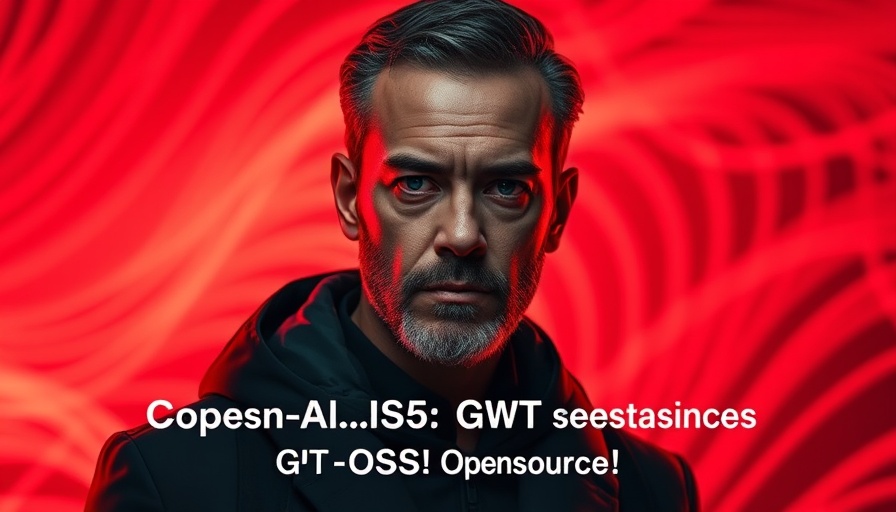
OpenAI's Bold Move into Open Source AI
In a surprising shift from its traditionally closed approach, OpenAI has unleashed its first open-source model family, aptly named Open AIO OSS. This initiative introduces models that can be tailored for various applications, ranging from enterprise-level tasks to user-friendly AI experiences at home. The family includes the powerful GBT OSS 120 billion parameter model, designed for heavy-duty processing typically found in data centers, and the more accessible GBT OSS 20 billion parameter model, suitable for everyday laptops and desktops.
In 'OpenAI's Opensource OSS 120B & 20B (Fully Tested)', the discussion dives into OpenAI's bold move into open-source AI development, exploring key insights that sparked deeper analysis on our end.
A Closer Look at the Models
The OSS series not only promises customization but brings advanced features like strong tool use and chain-of-thought reasoning. Both models boast impressive context lengths of 128k, although they fall short of the leading competitors. Evaluations against a variety of academic benchmarks have shown that these models perform comparably—with the 120 billion parameter model even rivaling OpenAI's established offerings.
The Importance of Ethical AI Development
However, with great power comes responsibility. The OSS models have been fine-tuned to prevent harmful content generation, a critical aspect in discussions surrounding AI ethics. As applications expand, ensuring ethical use of AI becomes imperative in tech innovation landscapes, especially as the models integrate deeper into everyday scenarios.
Practical Applications for Everyday Users
One of the standout capabilities of the OSS models is their potential to assist in real-life situations, even without internet access. Imagine having access to a knowledgeable AI at your fingertips during emergencies or when brainstorming ideas while traveling. Such a feature underscores how AI can enhance personal productivity and decision-making.
Challenges of Open Source AI
While the launch offers exciting possibilities, the initial performance of OSS models suggests room for improvement—particularly in creative outputs that might not impress seasoned developers. Furthermore, users may face challenges in understanding the balance between customization and the ethical implications of using these technologies in diverse fields like healthcare and content generation.
Final Recommendations
For tech-savvy enthusiasts eager to explore these models, the OSS series is definitely worth a try! Their accessibility, combined with features designed for ethical application, make them significant players in the AI development scenario. Anyone looking to delve into advanced technology should consider experimenting with OpenAI's newly launched tools to enhance their workflows.
 Add Row
Add Row  Add
Add 




Write A Comment